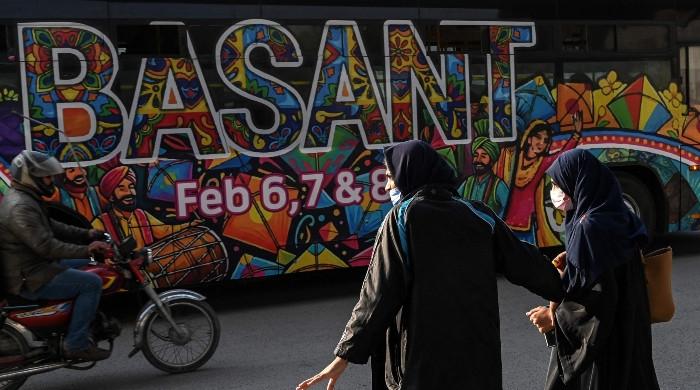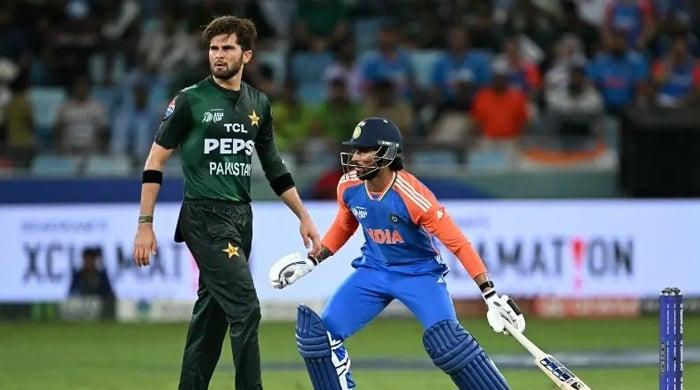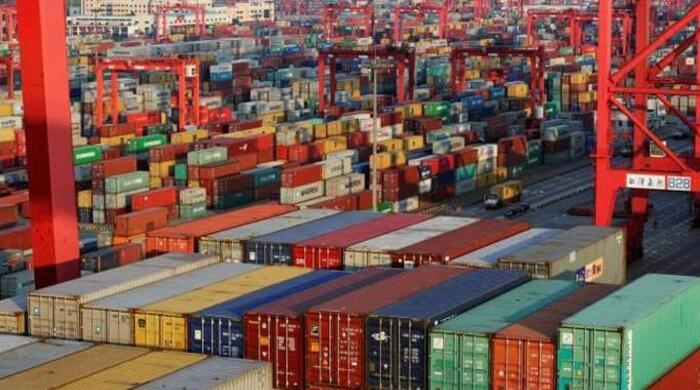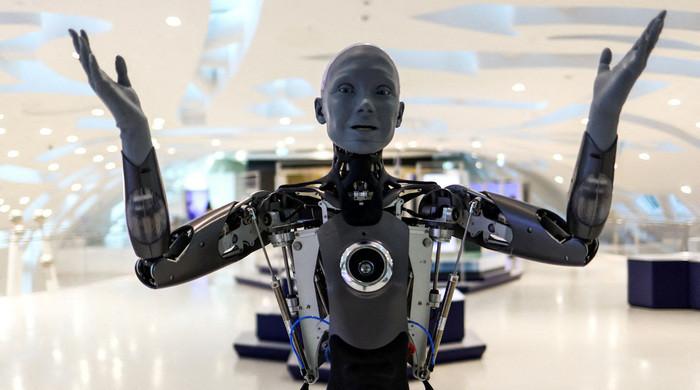Lessons from the local govt polls
This metropolis needs a smooth and strong city government and an empowered KMC
January 18, 2023
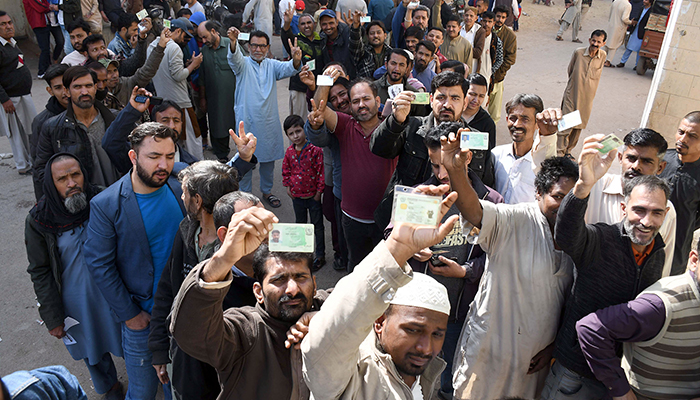
Muttahida Qaumi Movement-Pakistan (MQM-P) and Pakistan Tehreek-e-Insaf (PTI) should blame themselves for the outcome of the 2nd phase of local bodies (LB) elections on January 15th. Pakistan Peoples’ Party (PPP) and Jamaat-e-Islami (JI) emerged as the main beneficiary due to the boycott of MQM-P and the failure of PTI to bring their voters out to the polling stations, which also resulted in poor turnout.
Now, in the emerging political scenario if PPP and JI failed to reach an agreement then whoever becomes the ‘mayor’ will have to tackle the highly ‘unruly’ 367-strong KMC (Karachi Metropolitan Corporation) House. However, this city of over 30 million can’t afford an ‘unruly’ KMC House. This metropolis needs a smooth and strong city government and an empowered KMC.
Under the circumstances even If JI succeeded in getting the top slot with the backing of PTI, the new mayor and KMC may face an uphill task of getting financial, administrative, and political support from the PPP-led Sindh government.
The House is still incomplete as PPP and JI are almost neck and neck at the moment. The PPP has won 91 Union Committees (UCs), JI 88, PTI 40, PML-N has secured seven UCs and the Jamiat Ulema-e-Islam (JUI) three, while the Tehreek-e-Labbaik Pakistan (TLP), independent candidates and others ended up with two UCs each. The MQM (Haqiqi) managed to win one UC. This will be followed by nominations on reserved seats to complete the KMC House of 367 beside Town Committees.
JI has disputed results on eight UCs and they believe their mandate had been ‘stolen’ by the PPP and the Election Commission of Pakistan (ECP) but the latter claimed that if Jamat had any proof of rigging they should approach the ECP and challenge the results in the court.
MQM-P missed the bus because despite winning the 2015 local government polls by securing nearly 120 UCs out of 209 and having the right resources they failed to deliver —otherwise they would have taken advantage of their four years’ performance. Within the MQM-P also there was a serious difference of opinion in 2015 over the nomination of Waseem Akhtar as Mayor. Many thought that either former mayor, Dr Farooq Sattar, should have been nominated or MQM leadership could have brought back another former mayor, Mustafa Kamal, who had not quit the party but was angry with it.
Kamal, Anis Qaimkhani, Raza Haroon, Anis Advocate, and others formed their own party called Pak Sarzameen Party (PSP) in March 2016, dealing another blow to MQM. This was followed by the third disaster when MQM founder Altaf Hussain’s anti-Pakistan slogan during the MQM protest sit-in outside Karachi Press Club on August 22, 2016, led to another split and this time between MQM-Pakistan and MQM-London.
MQM could not recover after these two back-to-back splits; however, their position deteriorated when they electorally came down from 18 national assembly seats in 2013 to 6 in the 2018 general elections for which they blamed the then-powerful establishment. They had reasons to believe that their seats were reduced ‘forcibly’. But they lost their moral and political standing when they joined the PTI government instead of sitting on the opposition or independent benches.
MQM's third and final disaster came when after having a good working relationship with PTI for three years they quit the PTI government during the vote of no confidence against former prime minister Imran Khan and reached an agreement with Pakistan Democratic Movement (PDM) and the PPP.
Had they succeeded in getting much-controversial delimitations of constituencies corrected within a month or two they would not have boycotted the polls and would have been in a better position in the recently held LB polls. Lastly, if MQM factions had merged about three or four months back the party could have benefited greatly.
Where did the PTI go wrong?
The result is a ‘wake-up’ call for PTI, which never took the two phases of the LB polls in Sindh seriously and as a result faced a major embarrassment, particularly in Karachi, considering they have 14 National Assembly and 25 Sindh Assembly seats only from this mega city. But, on D-Day — January 15— its organisational capacity once again was exposed as it failed to bring its voters out to the polling stations and relied mainly on social media. The PTI leadership must understand that print, electronic and social media outlets are good platforms for sending messages and connecting with the people but at the end of the day they have to mobilise the voters to cast their votes which they failed. Besides, PTI’s internal organisational rifts and race for the ‘mayor’s slot’ also sealed their fate for the worse.
PTI Chairman Imran Khan, who is also the only leader in the party with the capacity to pull the crowd also failed in taking these polls seriously as he did not address any rally related to LB polls or even talk with the candidates. The PTI should have given the task to people like Shah Mahmood Qureshi, who has roots in certain areas of interior Sindh and knows the dynamics of politics. He should have been given the task when the first phase of local bodies was held, last year. Asad Umar, Ali Zaidi, Haleem Adil Sheikh, Imran Ismail, Khurrum Sher Zaman, Firdous Shamim Naqvi and a few others are some of the presentable faces of the party in Karachi but they too could not deliver.
The PTI performed badly in the 2015 local body polls which MQM won and again their performance was not up to the mark in the last Cantonment Board elections mainly because of the poor organisation but it is true that after the 2018 elections, Imran Khan appointed Asad Umar to look after the development projects in Karachi, particularly after 2020 heavy rains and a committee headed by him and comprising all the stakeholders did some groundwork including drainage and sewerage system.
The PTI chairman and the party's central leadership need to analyse why —since the formation of the party in 1996— it miserably failed in Sindh except for Karachi in 2018. Unfortunately, the PTI leaders could not organise the party in the province and while they depended on already tested leaders of the party from the Functional League or Grand Democratic Alliance (GDA), they did not produce leaders from within.
In Karachi and Hyderabad, the PTI suffered mostly due to a lack of organisation and internal groupings and in the end, could not bring their voters to the polling stations on and instead remained busier on social media.
PPP, on the other hand, since long has been working on how to perform well in the local bodies polls in urban Sindh and as they say, 'politics is the game of possibilities and opportunities’. They took the advantage of the political vacuum created in cities like Sukkur, Mirpurkhas, and Hyderabad due to MQM’s splintering, PTI’s complacency, and JI’s ineffectiveness.
The controversial delimitation of constituencies in Karachi also went in PPP’s favour as UCs increased from 2009 in 2015 to 246 in 2023. Thus, PPP managed to secure most of the UCs in its stronghold of Lyari, Malir, Kemari, and part of District West and also got a few UCs from District Central.
But it was Jamaat, which captured the strong vote bank of MQM and PTI as well as of neutral voters particularly in District Central, East, and part of South
Although this is for the first time that PPP has the chance to get the top slot, the mayor’s office, in Karachi, even in 1979, its (PPP) Awam Dost-backed candidate lost the mayor’s seat by three votes and Umer Yusuf Dada was elected as deputy mayor. In 1983 also PPP’s Abdul Khaliq Allahwala got elected as deputy mayor.
I would be more than happy if proven wrong; however, whoever gets elected as mayor, personally I don't see much smooth functioning for KMC.
Unfortunately, the ultimate victims will be the people of Karachi.
The writer is a columnist and analyst for GEO, The News and Jang. He tweets @MazharAbbasGEO







